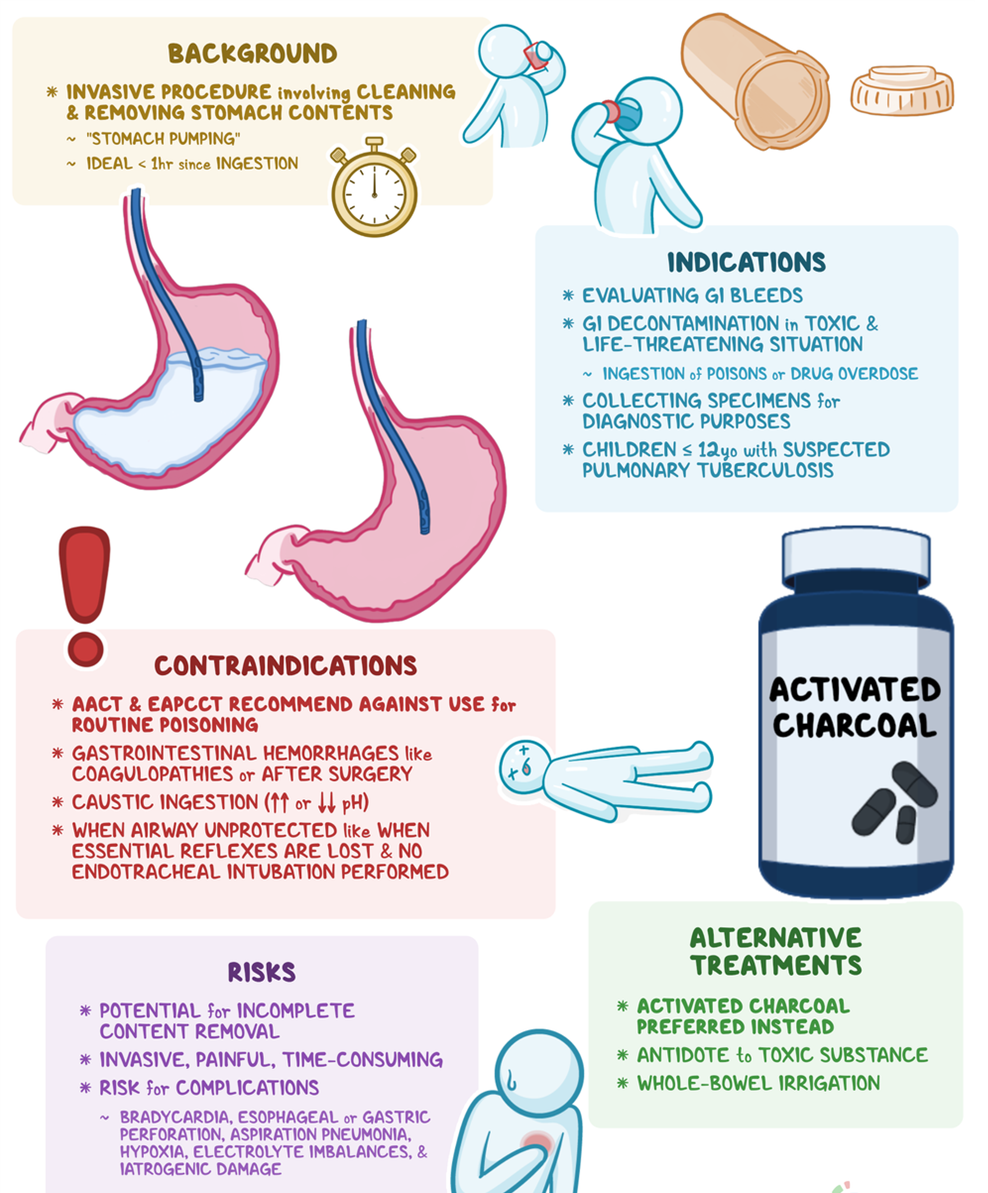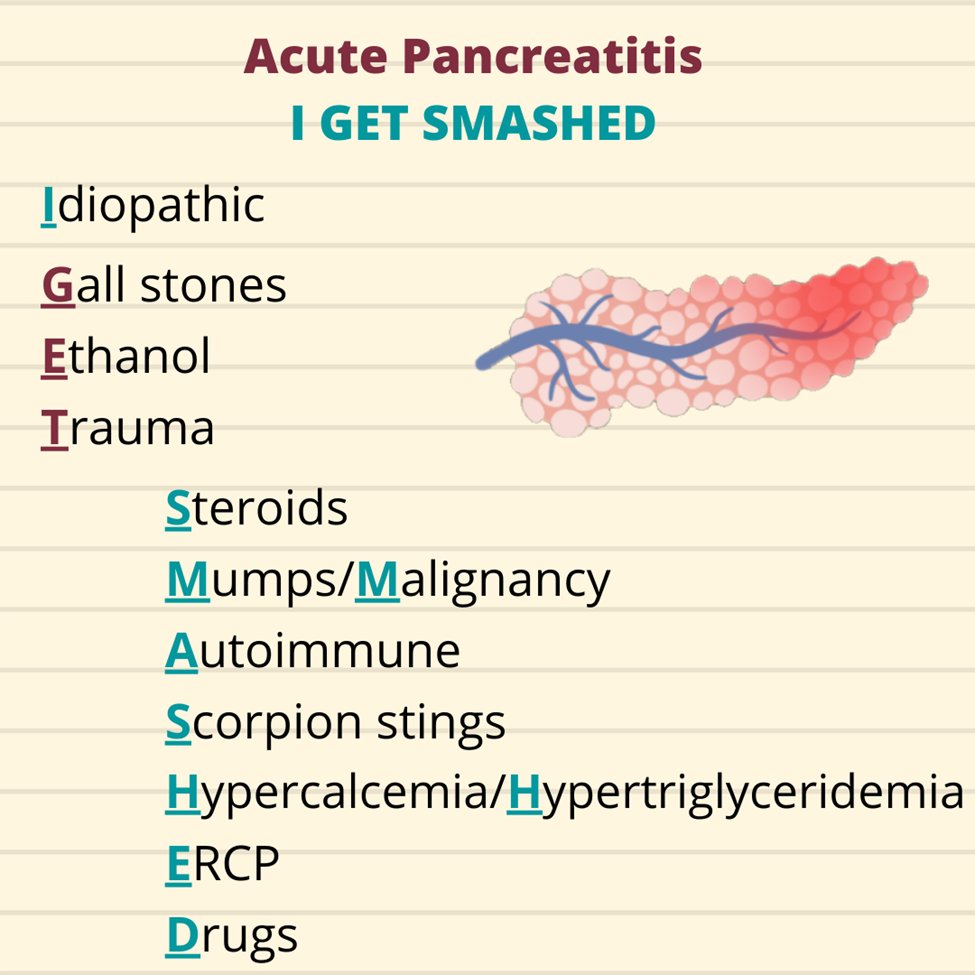A nurse is teaching an older adult client diagnosed with diabetes mellitus about preventing the long-term complications of retinopathy and nephropathy. Which of the following instructions should the nurse include?
"Wear compression stockings daily."
"Have an eye examination once per year."
"Maintain stable blood glucose levels."
"Examine your feet carefully every day."
The Correct Answer is C
A. "Wear compression stockings daily":
Compression stockings are not directly related to preventing the complications of retinopathy and nephropathy in diabetes. They are more commonly recommended for managing conditions like venous insufficiency and preventing blood clots.
B. "Have an eye examination once per year":
While regular eye examinations are important for monitoring and early detection of diabetic retinopathy, maintaining stable blood glucose levels is more directly related to preventing the progression of retinopathy.
C. "Maintain stable blood glucose levels":
This is the correct instruction. Stable blood glucose levels are crucial in preventing and minimizing the long-term complications of diabetes, including retinopathy (damage to the retina) and nephropathy (kidney damage). Consistent blood glucose control is key to reducing the risk of complications.
D. "Examine your feet carefully every day":
Daily foot examinations are essential for preventing diabetic foot complications, including ulcers and infections. While important for overall diabetes management, foot care is not specifically directed at preventing retinopathy and nephropathy.
Nursing Test Bank
Naxlex Comprehensive Predictor Exams
Related Questions
Correct Answer is C
Explanation
A. Positioning the client on the right side is not a standard recommendation for gastric lavage. The standard position is typically on the left side to facilitate the drainage of gastric contents.
B. Instilling 1000 mL of sterile saline is not a recommended action for gastric lavage. Gastric lavage involves the removal of stomach contents rather than instilling fluids.
C. Withdrawing fluid until it is clear is the correct action. Gastric lavage is a medical procedure used to empty the stomach contents. The process involves introducing small amounts of fluid (such as saline) into the stomach and then aspirating it back, along with gastric contents, until the aspirate is clear.
D. Connecting the NG tube to high continuous suction is not a standard approach for gastric lavage. Gastric lavage involves intermittent instillation and withdrawal of small amounts of fluid to clear the stomach.

Correct Answer is D
Explanation
A. COPD (Chronic Obstructive Pulmonary Disease) is not directly associated with acute pancreatitis. The common risk factors for acute pancreatitis include gallstones, alcohol use, and certain medications.
B. Hypolipidemia (low blood lipid levels) is not a typical factor associated with acute pancreatitis. Elevated levels of lipids in the blood (hyperlipidemia) can be a risk factor, but hypolipidemia is not commonly linked to pancreatitis.
C. Diabetes mellitus, while not a direct cause of acute pancreatitis, can be associated with an increased risk. Uncontrolled diabetes may contribute to the development of pancreatitis, but it is not a primary risk factor.
D. Gallstones are a significant risk factor for acute pancreatitis. Gallstones can obstruct the pancreatic duct, leading to inflammation and damage to the pancreas. This obstruction is one of the common causes of acute pancreatitis.

Whether you are a student looking to ace your exams or a practicing nurse seeking to enhance your expertise , our nursing education contents will empower you with the confidence and competence to make a difference in the lives of patients and become a respected leader in the healthcare field.
Visit Naxlex, invest in your future and unlock endless possibilities with our unparalleled nursing education contents today
Report Wrong Answer on the Current Question
Do you disagree with the answer? If yes, what is your expected answer? Explain.
Kindly be descriptive with the issue you are facing.
